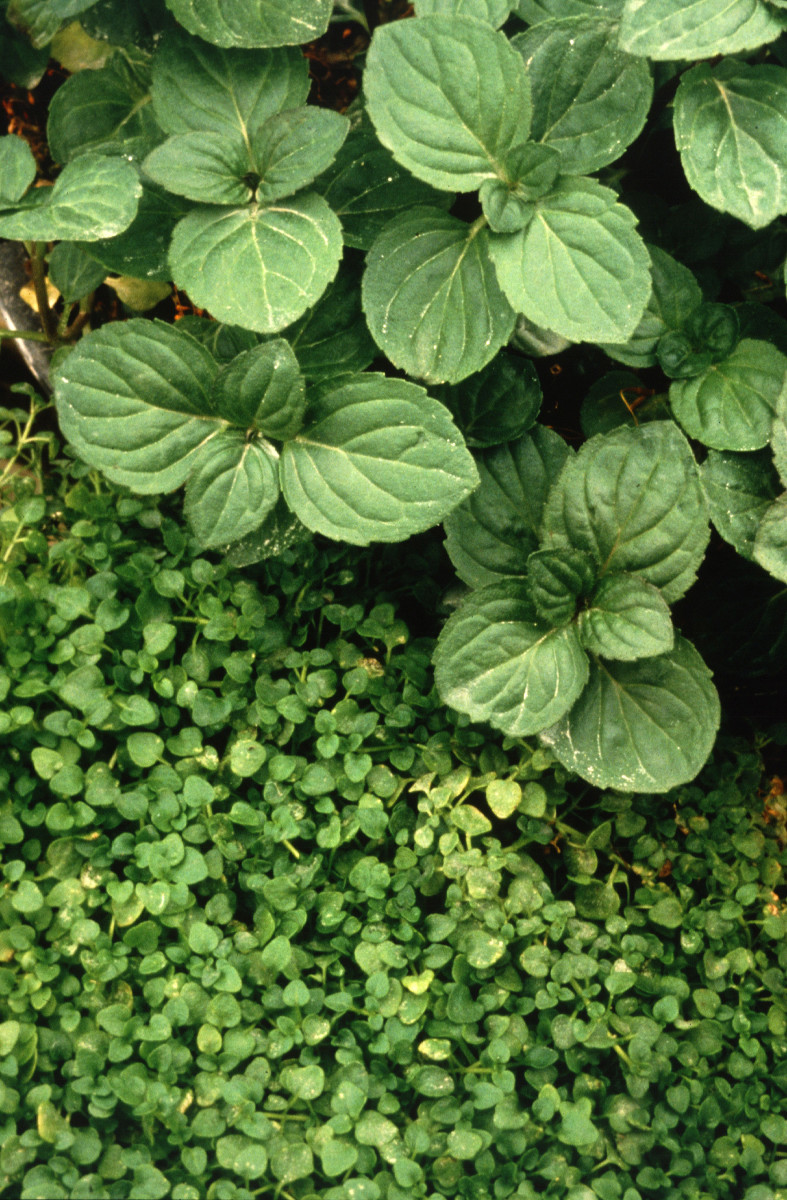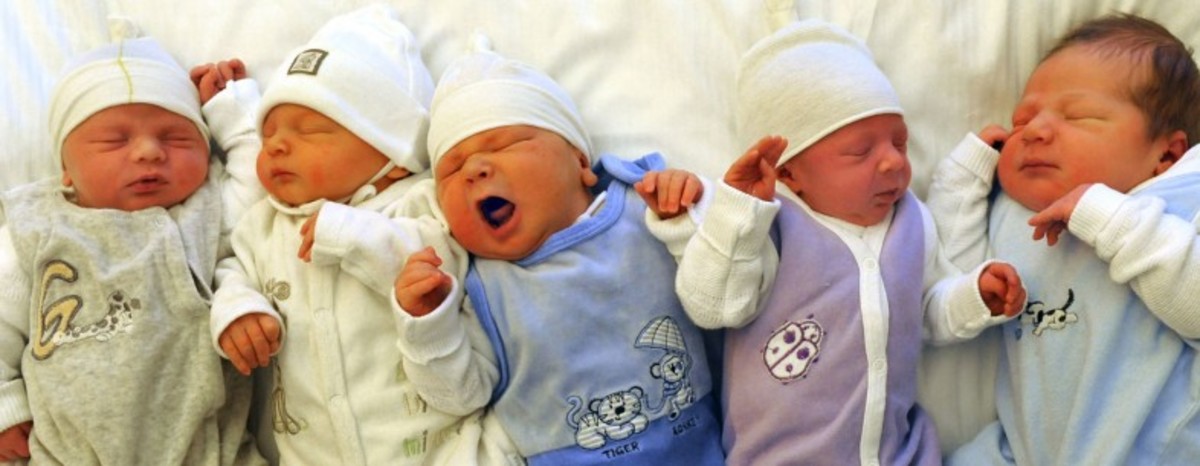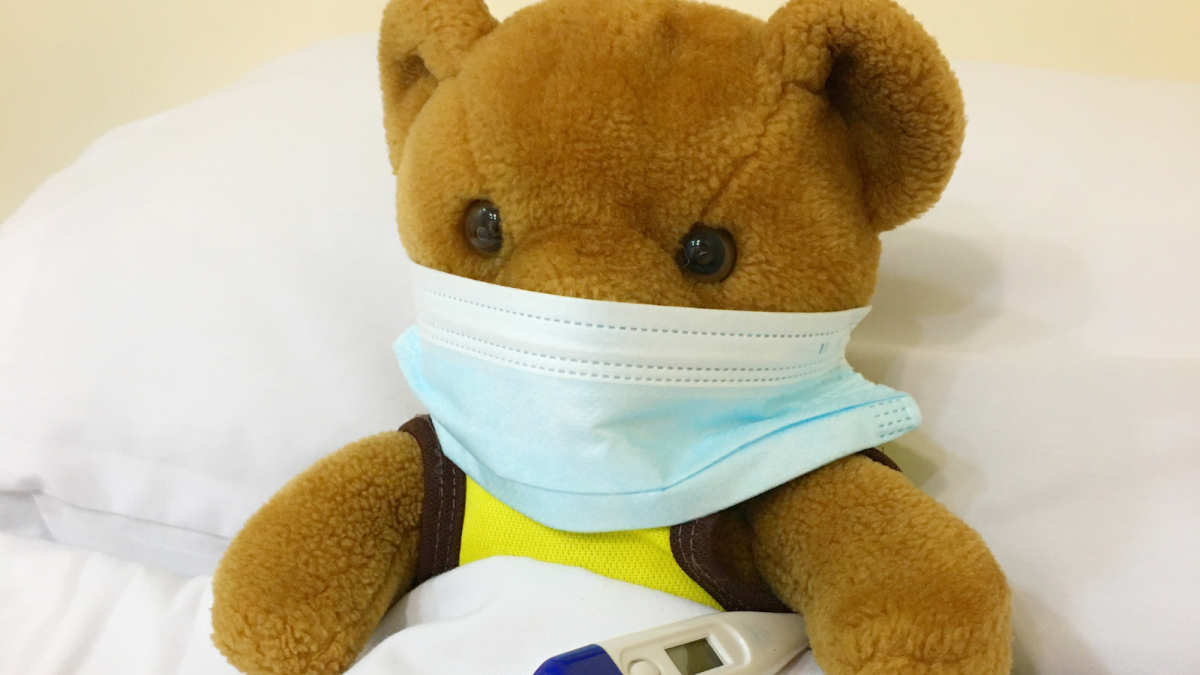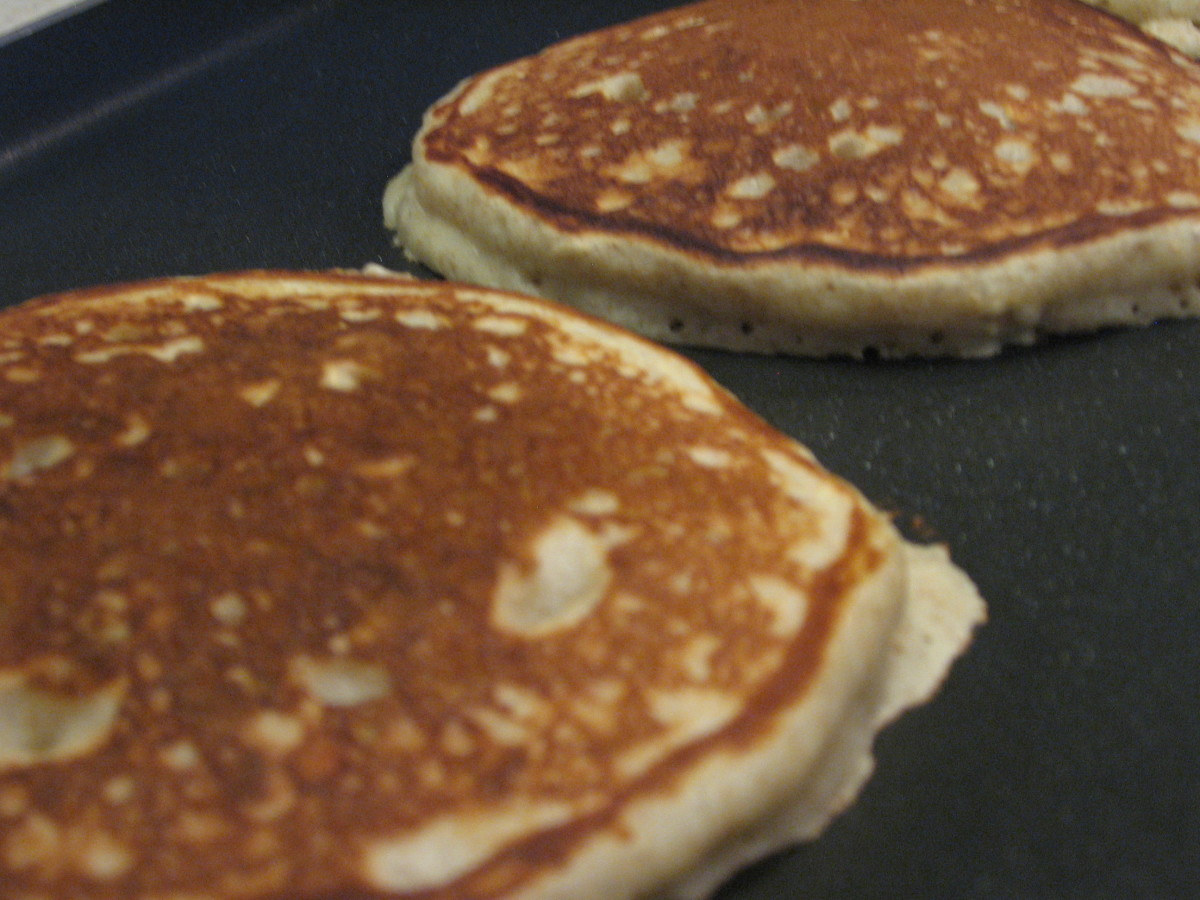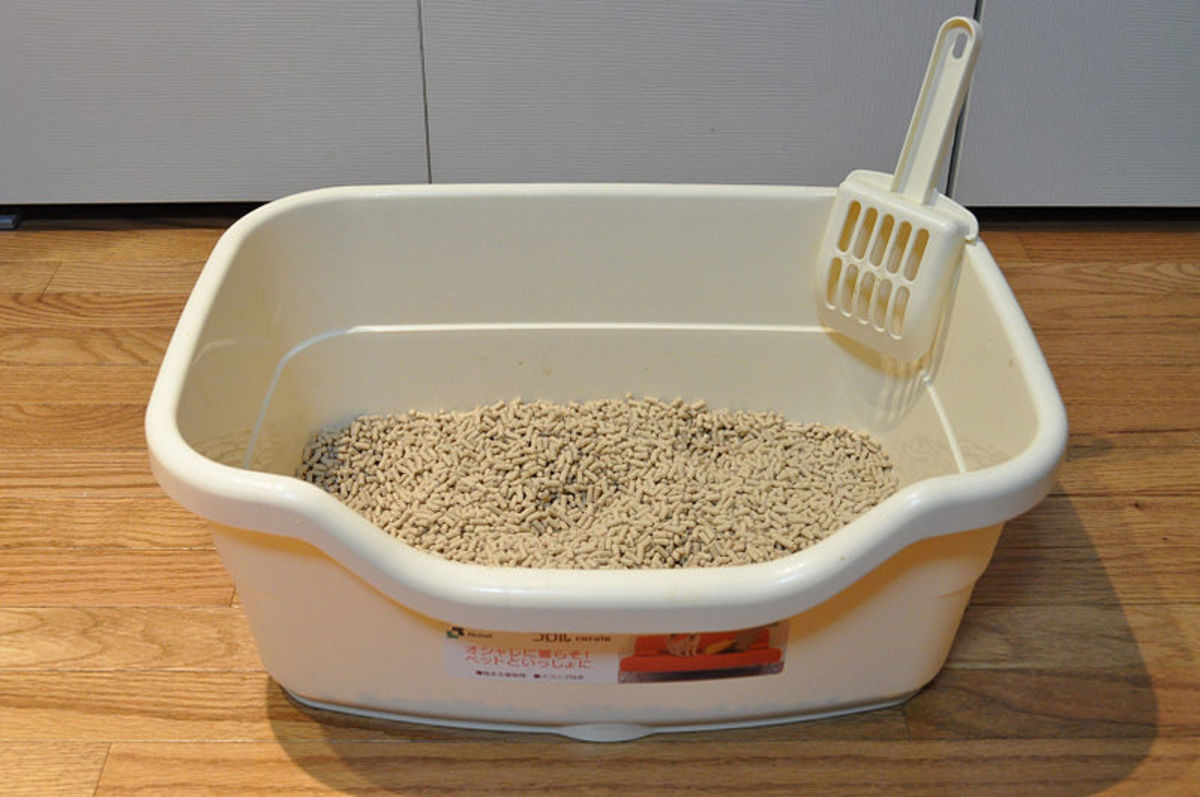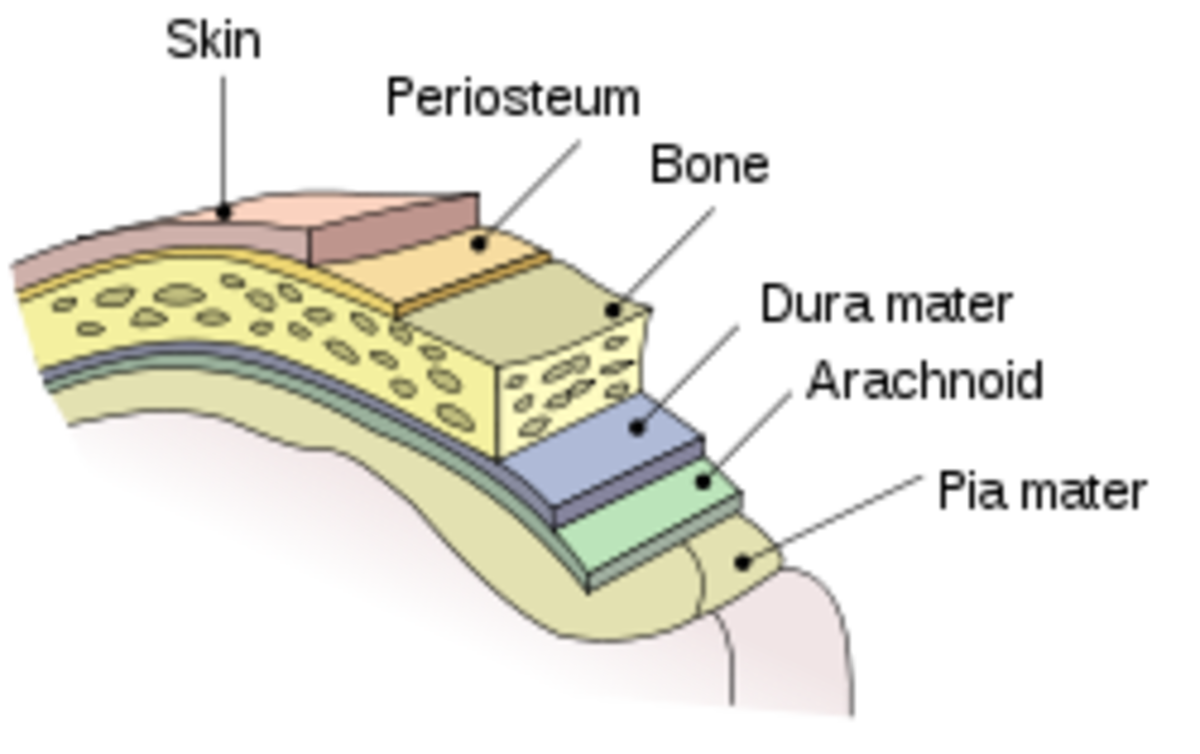When your child gets sick
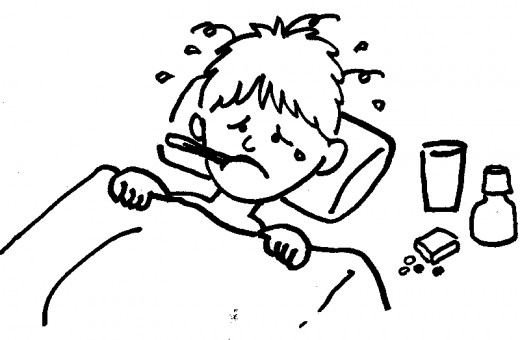
"I'm not feeling well"
When you hear it from your child, you probably think that s/he has fever. If s/he has, you will then understand why you heard that statement.
According to a study held by The John Hopkins Children's Center in Baltimore, Maryland, 91% of parents believe that even a mild fever can lead to a destructive effect like convulsion, or brain damage. The study also showed that 89% of parents immediately give paracetamol to their kids before their temperature reaches 38.9 degree Celsius
But when do you really have to bother if your child has fever? What do you have to do to get him/her well.
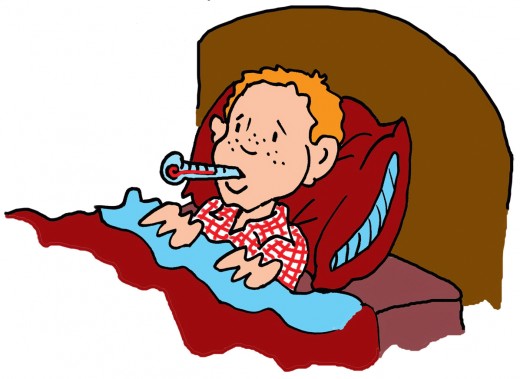
Fever- what is it's role?
What causes fever? Though normal human body temperature is 37 degree Celsius, a person's body temperature changes up to one or more degrees in whole day. It may also change depending on where is it taken or the thermometer used. A person may have lower temperature in the morning than in the afternoon. The hypothalamus controls the temperature of the body like a thermostat. A person is having a fever when the immune system, which reacts to bacteria and viruses, produces a substance in the blood which is called pyrogen. This causes the hypothalamus to reset to higher temperature.
Though fever causes bad feeling and dehydration, it's not as bad as you are thinking. It is a normal body reaction. In fact, it plays an important role in destroying the infections caused by bacteria and viruses (Reference: Mayo Foundation for Medical Education and Research). Viruses caused by colds and other infections in the respiratory tract love the low temperature. Therefore, mild fever that causes your body to increase it's temperature helps in destroying such viruses. So if the fever is caused by those infections, it's not necessary to lower the temperature of your child. It decreases the body's ability to kill those viruses.
A hospital in Mexico is noticeably using a kind of medication where they increase patient's body temperature. It is called hyperthermia.
According to Dr. Al Sacchetti of American College of Emergency Physicians, so seldom that a fever becomes a problem. Somehow, it's an indication of infection. Therefore, when a child has a fever, pay attention to the child and the possible infection and not to the child's body temperature. In addition to that, The American Academy of Pediatrics said that fever that has not reached 38.3 degree Celsius is not commonly to be cured unless your child feels really bad or is having convulsion a lot. Even high fever is not really threatening to bother too much unless child is having a convulsion or is having long term sickness. It's more important to look after how your child is doing. If s/he can eat and sleep well, and can at least play a little, you don't have to bother too much. Better to have him/her checked by a doctor.
PREVENTION IS BETTER THAN CURE
More to say, prevention is the most important medicine to keep your child away from infections. Teach your child how to be clean all the time. Teach them proper hand washing, and when to wash their hands. Teach them to clean themselves by regularly taking a bath especially when they have been exposed from different people and surrounding.
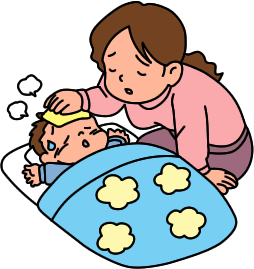
Medication
I'm not saying that you don't have to do anything to help your child. Some specialists in medicine give the following suggestions to help your sick child.
1. Maintain comfortable, normal temperature of your child's room.
2. Dress him/her of comfortable cotton fabrics because thick clothing may severe the fever.
3. Encourage your child to take more liquids (water, fruit juice, soups) because fever causes dehydration.
4. For babies, mom must continue the breast feeding.
5. Avoid foods that are hard to digest. Fever weakens the digestion.
For high fever (38.9 degree Celsius)
6. Give your child meds that don't require prescriptions like paracetamol, acetaminophen or ibuprofen. Make sure you are following the correct dosage. (Kids below 2 years old must be checked first by a doctor and ask for prescription.
7. Experts suggest not to give aspirin to children below 16 years old to ease the fever because it is being related to Reye's Syndrome, that can cause death.
8. Rubbing helps a feverish child. Have your child sit on a tub with warm water and rub him. Do it quickly.
9. The best thing to do with your child is to make him/her most comfortable.
10. There's nothing more better than PREVENTION.
Call the doctor if the sick child is...
- 3 months old or younger and the temperature reaches 38 degrees Celsius or higher.
- 3-6 months old: temp 38.3 degree
- more than 6 mos old: temp. 40 degree celsius
- not taking any liquid and showing dehydration.
- weakly and having convulsion.
- having fever for 72 hours
- crying endlessly and showing delusions and panic.
- having skin allergies, hard to breathe, vomiting.
- having headache and stiffed neck.

